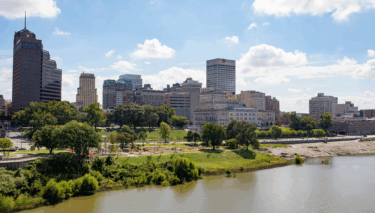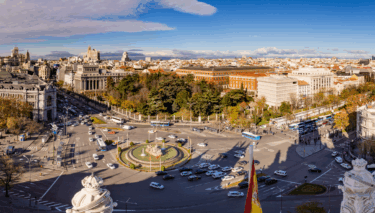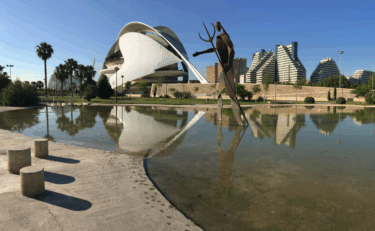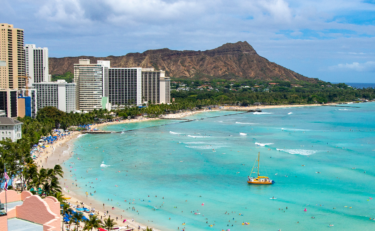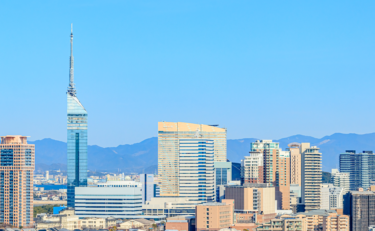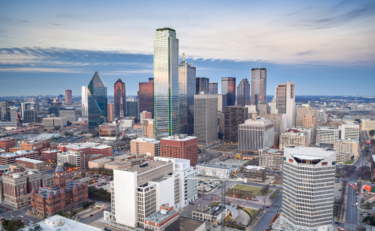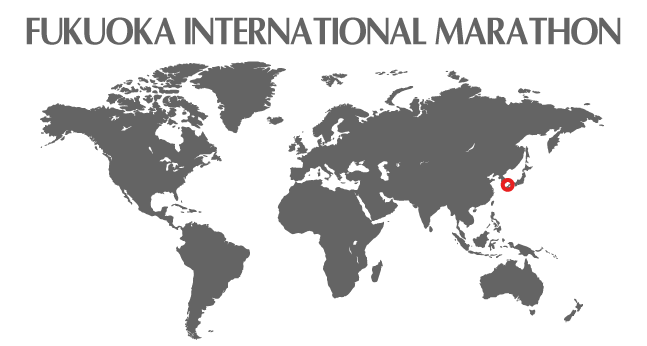
伝統とスピードが交差する、福岡の冬
福岡国際マラソンは、1947年から続く日本を代表する男子マラソン大会です。世界最高記録が2度も誕生した歴史あるコースは、今もなおエリートランナーたちの挑戦心を掻き立てます。
福岡の街全体が一体となり、ランナーを熱烈に応援する大会。今年も、世界トップレベルの選手たちが集結し、熱い戦いを繰り広げます。
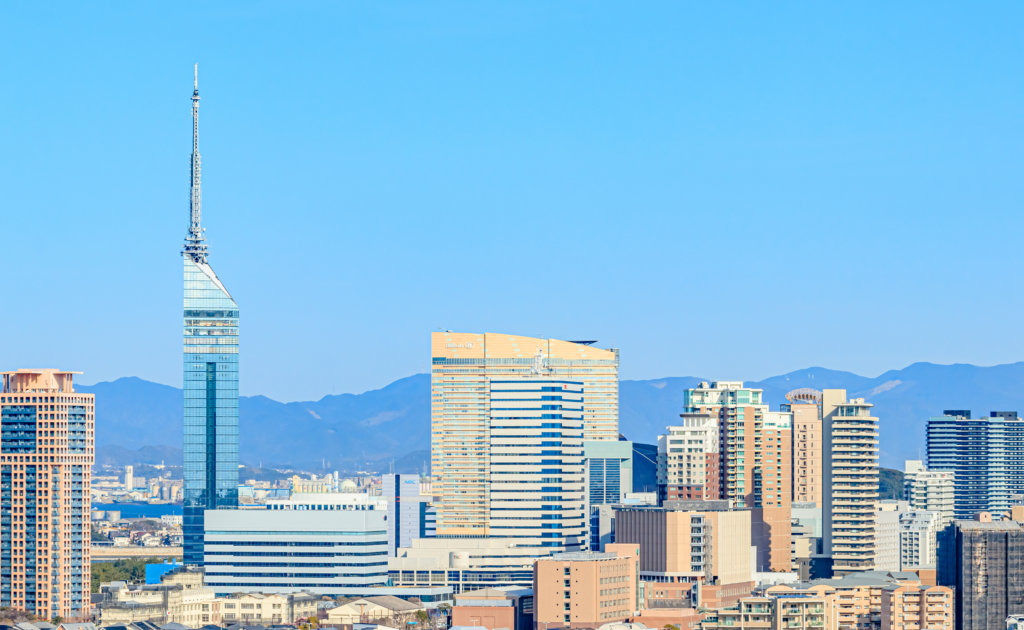
世界最高記録が2度も誕生した歴史あるコース
福岡国際マラソンのコースは、平和台陸上競技場をスタートし、福岡市内を時計回りに一周する全長42.195kmのコースです。コースには小田部大橋、別府大橋、名島橋など複数のアップダウンがあり、特に名島橋の坂は中盤の難所として知られています。沿道には福岡城跡や博多駅など、福岡の名所が点在し、市民の熱烈な声援がランナーを後押しします。フィニッシュは再び平和台陸上競技場となります。
コース概要
・スタート地点:福岡国際マラソンの舞台は、福岡市の中心部にある平和台陸上競技場。数々のドラマが生まれた歴史あるこの地から、ランナーたちは力強い一歩を踏み出します。招待選手はトラックを3周半走り、そこから福岡の街へと飛び出していきます。
・10キロ地点:国道202号線。平和台陸上競技場を後にし、明治通りを西へ。下山門通りを南下し、国道202号線で東へと方向転換。
・15キロ地点:小田部大橋のアップダウンが最初の難関。
・17キロ地点:福岡縣護国神社を通過します。左手に福岡縣護国神社と平和台陸上競技場が見えてきます。
・20キロ地点:山荘通りを左折し、西鉄平尾駅で中間地点を折り返します。
・25キロ地点:博多駅までは緩やかな上り坂。博多駅を過ぎると緩やかな下り坂となり、博多湾を目指します。
・32キロ地点:名島橋のアップダウンを越え、香椎で折り返し。中盤の難所です。
・フィニッシュ:繁華街を通過し、沿道の声援を受けながらフィニッシュを目指します。那の津大橋のアップダウンや、最後の急な上り坂がランナーを待ち受けます。
コース高低と気候
・高低差:小田部大橋、別府大橋、名島橋など、コースにはいくつかのアップダウンがあります。特に、名島橋のアップダウンは中盤の難所として知られています。
・気温:12月に開催されるため、気温は低めですが、防寒対策は必須です。
参加基準
推薦・招待選手のほかは、おおよそ、Aブロックは2時間27分以内で走る選手、Bブロックは遅くとも2時間35分以内で走る選手が参加資格があります。参加者数の上限は500人で記録上位から参加可能です。
まとめ
福岡国際マラソンは、歴史と伝統のあるコースを舞台に、ランナーたちが自己に挑戦する大会です。福岡の街全体が一体となり、ランナーを応援する熱気あふれる大会です。
2025 福岡国際マラソン サマリー
・日時:2025年12月7日
・完走者数:-
・完走者平均タイム:-
MEN
1: Yegzaw Bayelign Teshager: 2:07:51
2: Nishiyama Yusuke: 2:07:56
3: Hosoya Kyohei: 2:08:09
4: Ohisi Takumi: 2:08:51
5: Raimoi Vincent: 2:09:25
6: Githae Michael: 2:10:00
7: Tanaka Asuka: 2:10:02
8: Iwata Takumi: 2:11:20
9: Yoshioka Ryuichi: 2:11:40
10: Yonemitsu Ren: 2:11:48

2026 福岡国際マラソン
2026年の福岡国際マラソンについて、詳細は発表されていません。

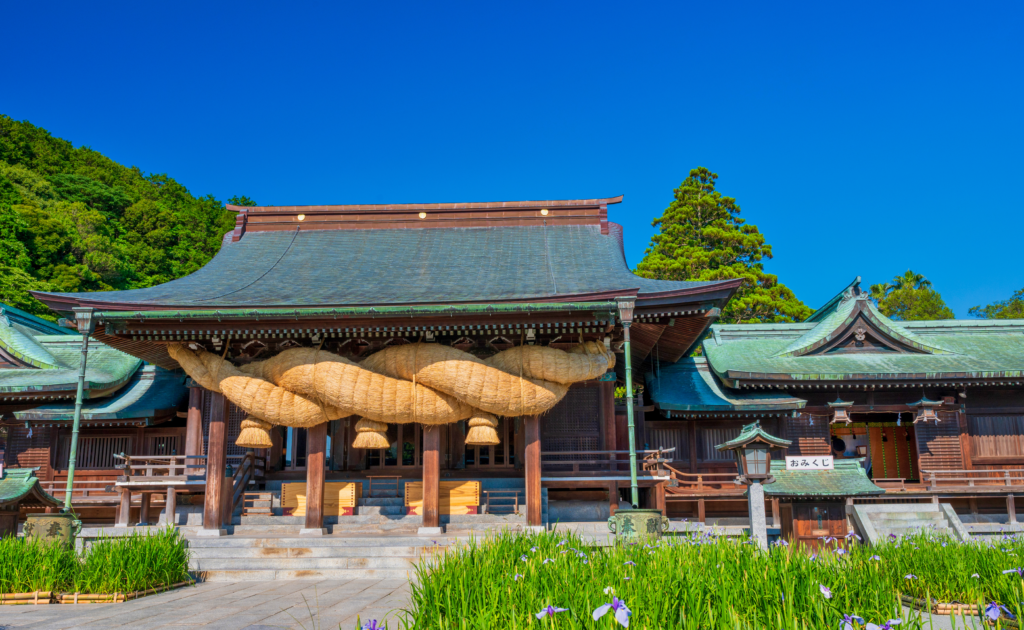
歴史とモダンが織りなす、美食と文化のクロスロード:福岡
福岡市は、九州地方最大の都市であり、歴史、文化、そして現代的な魅力が融合した都市です。かつては博多と福岡という2つの町が発展し、それぞれ商人や武士の文化が根付いていました。現在でも、博多地区には、伝統的な祭りや、屋台、そして歴史的な建造物が多く残っています。一方で福岡地区には、近代的なビルやショッピングセンター、そして活気ある繁華街が広がっています。
福岡市は、グルメの街としても有名です。新鮮な魚介類を使った料理や、ラーメン、そしてもつ鍋など、地元の食材を使った美味しい料理がたくさんあります。屋台文化も盛んで、夜になると街のあちこちに屋台が並び、地元の人や観光客で賑わいます。ラーメン店や屋台では英語メニューを用意しているお店も多く、言葉の心配もありません。
福岡市は、交通の便も良く、国内外からのアクセスも便利です。福岡空港からは、地下鉄やバスで市内中心部まで簡単に行くことができます。また、博多港からは、フェリーで韓国や中国など、アジア各国へのアクセスも良好です。市内には、公園や緑地も多く、自然も豊かです。歴史と文化、そして現代的な魅力が融合した福岡市は、観光地としても、住む街としても、魅力的な場所です。
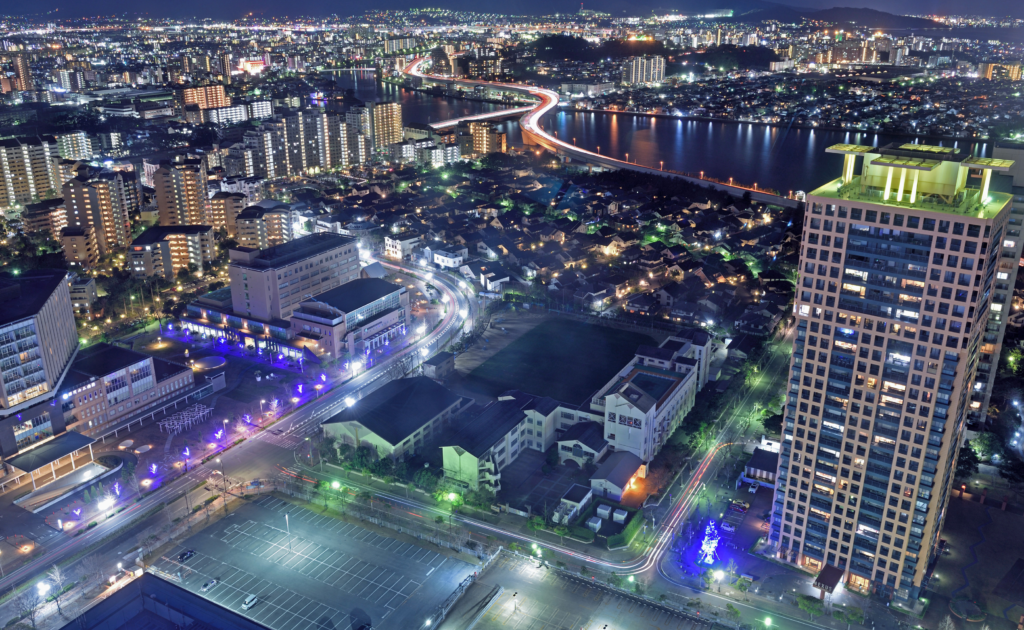
ウォーキングで外でのエクササイズに慣れたら、今度はランニングに挑戦してみませんか!ウォーキングは、時速4~6キロメートル…
ウォーキング・ランニング人口の増加に伴い、ランニングフォームやシューズなどこだわりが増大中!自分に合った走法を見つけよう…



